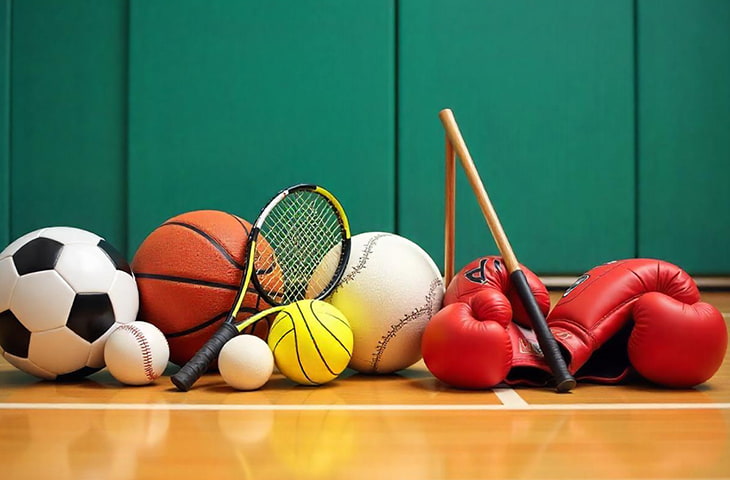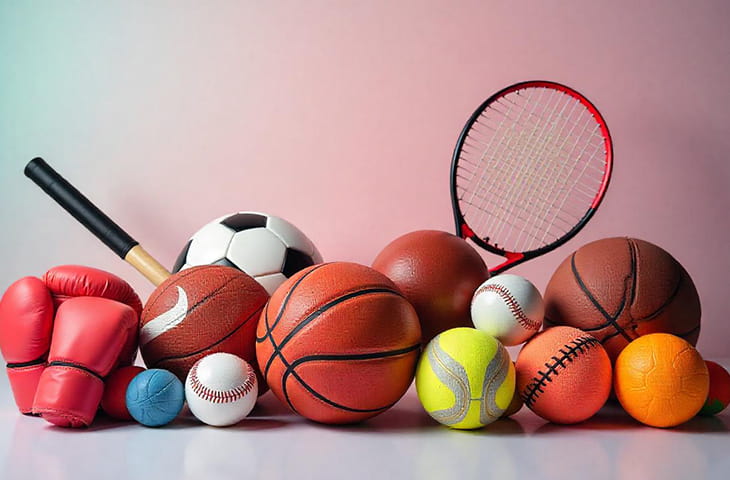New

Can Anyone Beat Anna Leigh Waters And Anna Bright In Women’s Doubles?

PPA Atlanta featured one of the most anticipated gold medal matches of 2025 when Anna Leigh Waters and Anna Bright advanced to face Rachel Rohrabacher and Catherine Parenteau. The matchup was dubbed the “breakup final” as it was the first tournament since Waters had ended her long time partnership with Parenteau, choosing to switch to Bright. Parenteau was left to survey the fileld of possible partners and it made a lot of sense for her to matchup with Rohrabacher, who obvioulsy had been cut loose by fellow “Girlie” Bright.
The move by Waters was much discussed in social media, with many criticizing Waters’ decision. For myself, I had no problem at all with Waters’ choice. As I have written before, the move by Waters was, to quote Al Pacino in The Godfather, “strictly business, not personal”. Just as Ben Johns was seeing the development of a faster game hurt his success rate with Collin Johns in men’s doubles, causing Ben to drop Collin and pick up Gabe Tardio, Waters was seeing Parenteau struggle at times with the more offensive game of 2025. Waters needed to look no further than across the net to see in Bright a player better able to handle the faster game. Rather than wait for Bright (and Rohrabacher) to rack up more wins against Waters and Parenteau, Waters decided to level up her women’s doubles partnership by substituting Bright for Parenteau.
Parenteau and Rohrabacher being dropped by their partners was definitely not a statement that either was a weak player. Both Parenteau and Rohrabacher are top 10 players. They proved it with a good performance the first time out as partners, winning a silver medal in Atlanta. But, with that said, neither Parenteau nor Rohrabacher is as good as Bright, and Waters made a business decision to go with the more talented partner. Bright is also five years younger than Parenteau, who is going to be 31 later this summer. While pickleball pros, at least for now, can stay at or near the top over the age of 30, it is not at all unusual for players to plateau after age 30 and then to see a relative skill decrease. Waters made a smart move to get the better partner AND to drop Parenteau before we start to see a clear plateauing of Parenteau’s play.
In Atlanta, Waters and Bright breezed to the final. They did not lose a single game before seeing Parenteau and Rohrabacher. In the semifinal, Waters and Bright comfortably defeated the #3 seed, Tyra Black and Parris Todd, 11-2, 11-7. In the final, the energy and will to win by Parenteau and Rohrabacher was obvious. But, the higher skill level of Waters and Bright was too much for them. Waters and Bright won 11-4, 11-7, 11-3. The match was actually slightly closer than I had expected, but it left many fans a bit disappointed, as they thought Parenteau and Rohrabacher had a chance for victory or at least to make it a close match.
Now that the “breakup final” is over, where are we headed in women’s doubles? There has been much talk on social media about who will win the next time these two pairs play, or which other women’s doubles team can beat Waters and Parenteau. Well, luckily I have the answers for you, although you may not like those answers. Will Parenteau and Rohrabacher beat Waters and Bright in a rematch? No. The skill gap between Waters/Bright and Parenteau/Rohrabacher is too wide. Further, the Parenteau/Rohrabahcer pair is handicapped by the fact neither is a strong left side player. They played mostly with Parenteau on the left. It worked against lesser teams, but the fact Parenteau belongs on the right was exposed by Waters and Bright. They constantly attacked Parenteau, going down the middle, a spot Parenteau normally is not primarily responsible for. When Parenteau tried to cover middle, Waters and Bright simply went down her sideline to good effect. Parenteau, like Rohrabacher, is best suited to play a defensive style on the right, with an aggressive left side partner who can take the middle. Other pairs will have seen that final and expect Parenteau and Rohrabacher to have some losses in the quarters or semis. Their talent will carry them far, but they are simply not good enough to beat Waters and Bright in 2025.
Can anyone else beat Waters and Bright in 2025? I do not expect Waters and Bright to lose in 2025. I think they will win every PPA gold medal for the rest of the year. But, if anyone is going to beat them, I would pick Tyra Black and Jorja Johnson to be the ones to do it. Beating Waters and Bright requires a couple of things. First, the opponents must have a strong left side player to go with a solid right side player. The women’s game, unlike the men’s, is lacking in a lot of very top level left side players. Waters and Bright are two of them. Besides them, look to Black and Johnson. Beyond that, Etta Tuionetoa and Vivian Glozman sometimes show top level left side talent. But right now, that is the whole list. Second, to beat Waters and Bright you need two players who can play a strong power game. Waters and Bright put constant pressure on the opponents. Waters especially loves to speed the ball up, even off balls that are not normally sped up. But, Waters is just so good in a firefight that she can injudiciously begin a speedup/firefight and know her talent will let her prevail. Waters also has in Bright a partner who can effectively defend and counter power. Bright’s skill allows Waters to freelance, and equally Bright can be confident that if she initiates the offense, she has a partner in Waters who will defend and counter at top level. Because Waters and Bright are so good in the power game, it takes power to beat them. Black has that kind of power off the left side and Johnson has it off the right side. Further, Black and Johnson can compete in firefights with Waters and Bright.
Black and Johnson had a successful run together early in 2025. They have now played with other partners the last couple events. Todd played with Black in Atlanta. Todd is a very good player, but she simply lacks the power to stay with Waters and Bright. Johnson played with Jade Kawamoto, and they lost a close match to Kate Fahey and Tina Pisnik. Teams like the Kawamotos and Fahey/Pisnik lack the team power to beat Waters/Bright. Fahey has potential and has improved a lot at doubles in 2025. She is one person to keep an eye on as we move through 2025 into 2026. Other players will emerge, some players will improve, but for now, no one is beating Waters and Bright in 2025. Hopefully, Black and Johnson will see that they are each other’s best partner and play together going forward in 2025. If they do, that is the one possible upset team to watch out for. I don’t think they will beat Waters and Bright in 2025, but I could see them giving it a solid try. Otherwise, we are going to see Waters and Bright not only win gold, but do so without losing a single game in 2025.
Follow me on X @pickleball_jim


